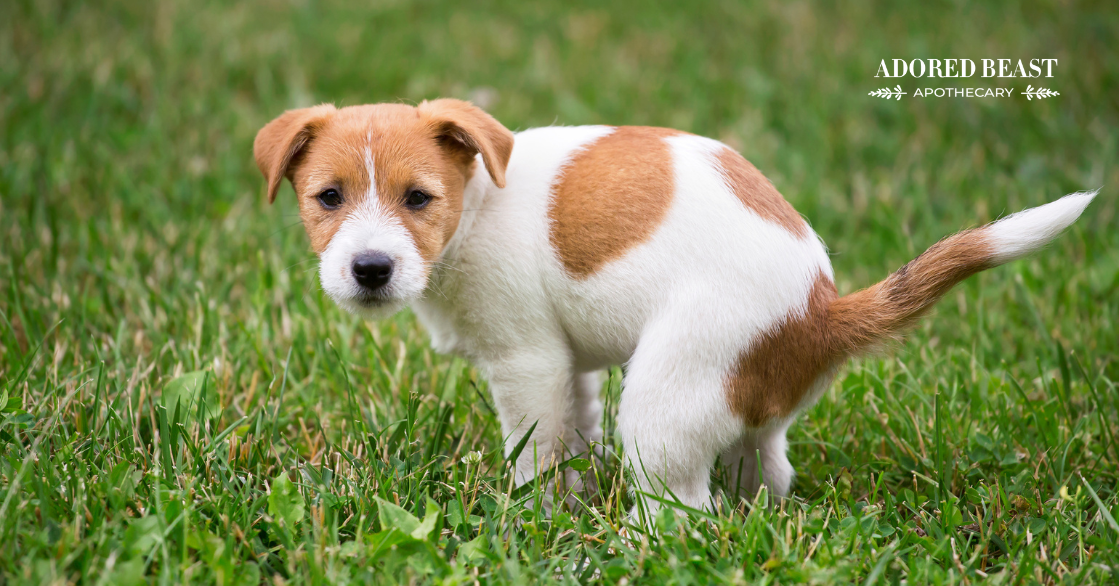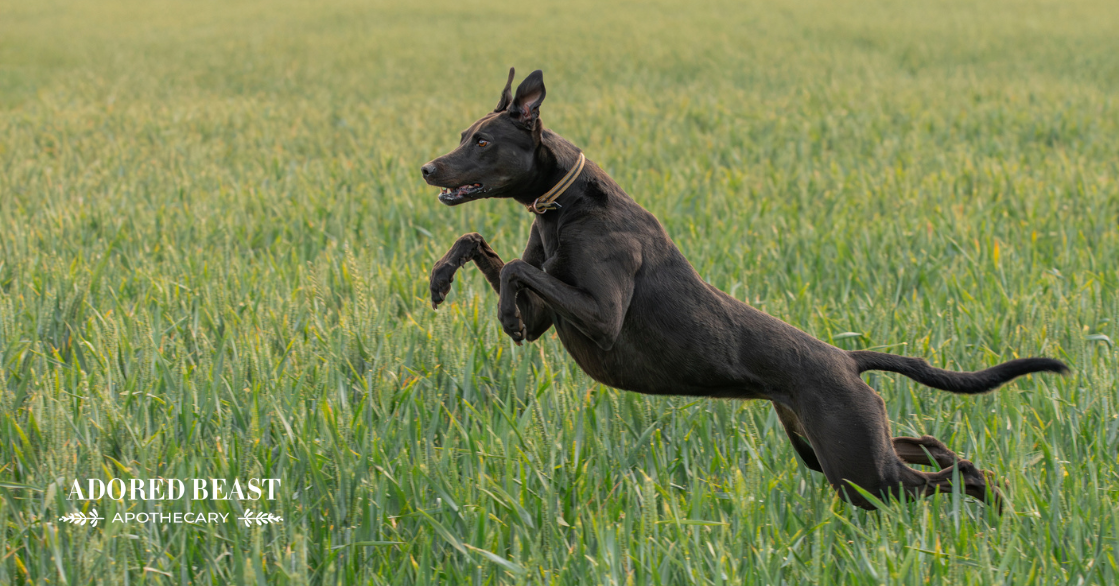Did you know that, in the United States alone, pet dogs produce over 20 billion pounds of poop each and every year? It’s true! That’s a ton of waste.
And all of that waste can have an impact on our beloved planet.
But it isn’t as though we can just stop our dogs from pooping, and that poop has to go somewhere. Unfortunately, the trash bin isn’t the best place.
So, can you compost dog poop? And why do we even need to consider it?
The Impacts of Dog Waste on the Environment
The average dog poops more per day than the average person. And as mentioned, that equals a lot of poop.
Dog poop that isn’t picked up by pet parents is free to break down and run into the ground and water sources. That’s not great.
But when poop is picked up and disposed of using regular polyethylene plastic bags, these are not compostable and take decades to break down. Those poop bags make their way to landfills, or sit on the side of the road (explain that one to me!) for months and years… That’s a HUGE burden placed on the environment.
Eeek!
Clearly we need to make a change. So, is composting an eco-friendly alternative?
Can You Compost Dog Poop?
Yes, you can compost dog poop – if you do it correctly. In fact, the EPA says composting can reduce the volume of dog waste by 50%! That’s enough to make a massive difference for the environment!
But as mentioned, there are strict guidelines to do it properly. If you want to start composting your dog’s poop, be sure to follow these 4 important rules:
- The compost container you use should be separate from your other composting containers. In other words, you should have a dedicated pet waste compost pile or area – don’t use the same one that you use for your vegetable crops or fruit trees!
- To kill pathogens, you have to compost dog waste at high temperatures (at least 140°F or 60°C).
- You have to use relatively high levels of carbon to stimulate hot composting and sterilize the waste as much as possible. Dog poop is mostly nitrogen, so you need to balance this with a carbon-rich material to help break it down.
- Never use it for food-generating plants, but your flowers and shrubs are fair game!
[RELATED] Sourcing Safe Pet Products: Greenwashing, Ingredients, Sustainability…
How to Compost Dog Poop
Composting dog poop takes some time, but it’s worth it! Here’s an easy recipe and some steps to follow.
Commercial dog waste composters are available, which can help contain the compost pile in a smaller location. They also retain heat well to get the compost pile to the correct temperatures. And the lid helps reduce odours and access by flies. You can also make your own by drilling holes in the side of a garbage bin (make sure it has a tight-fitting lid). Put the bin in a sunny, dry area, away from your other composting areas.
- As you add dog poop to the bin, cover it with a shovel full of carbon materials. Experts recommend sawdust at a 2:1 ratio – this recipe was tried and tested in Alaska by dog sled mushers, and it’s shown to be the best way to achieve that necessary carbon to poop ratio that breaks down bacteria. For every two shovels full of dog waste, add at least one shovel full of sawdust or other carbon material. Mix thoroughly after every time you add.
- Every few days, add a shovel full of old compost onto the pile to speed up digestion. If you are just beginning then you can use soil from your garden.
- Make sure to keep the pile moist! You should add water in small amounts so the compost has the texture of a wet sponge.
- When your bin is full you should cover it so the microbes can get to work.
- Now you can start taking the temperature of the compost. A long-stemmed thermometer is useful for this. If you do not reach the “magic number” of 140 degrees F, you may not kill the pathogens present in the dog waste.
- When the temperature starts to decline, usually after about two weeks, turn the pile.
- Cure your finished compost for several months before using it. It usually takes at least 4-8 weeks to get a crumbly, dirt-like mixture.
Composting dog poop is an effective and eco-friendly method of disposing of your dog’s waste. By taking the time and putting in the effort, we can all help reduce the negative impacts on the environment. As pet parents, and lovers of the planet, we all play a role in protecting both. All the decisions we make – from not using plastic bags to keeping dog poop out of landfills – make a difference. Every little bit helps, and when we consider that 20 billion pounds of poop we mentioned earlier, a little can add up to a lot!












